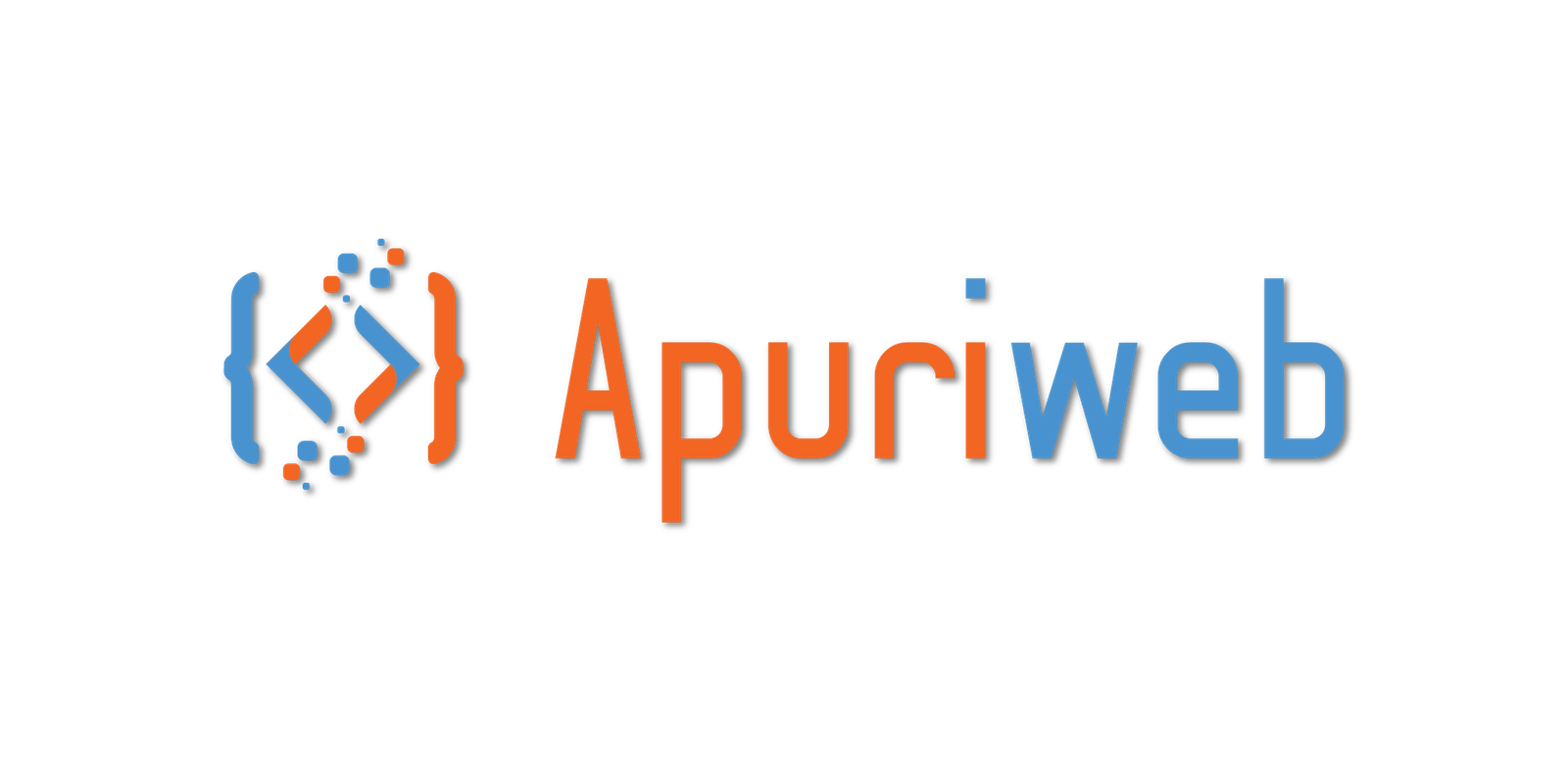
Artificial Intelligence (AI) has become a powerful ally in the world of Search Engine Optimization (SEO). Here’s how AI lends a helping hand:
Content Optimization:
- AI tools can analyze vast amounts of data to understand user behavior and preferences. This information helps in creating content that resonates with the target audience, improving engagement and rankings.
Keyword Research:
- AI-powered tools can identify relevant keywords and phrases by analyzing user queries, search trends, and competitor data. This assists in optimizing content for the terms that users are actively searching for.
Natural Language Processing (NLP):
- NLP allows search engines to understand the context and meaning behind user queries. This helps in delivering more accurate and relevant search results. Content creators can leverage NLP to produce content that aligns with how people naturally communicate.
Personalization:
- AI enables personalization of content based on user behavior and preferences. Search engines can deliver personalized search results, and websites can provide personalized content experiences, improving user satisfaction and engagement.
User Experience Optimization:
- AI algorithms can analyze user behavior on websites and provide insights into how to improve the user experience. Factors like page load times, mobile responsiveness, and overall site structure can be optimized for better SEO performance.
Chatbots and Virtual Assistants:
- AI-powered chatbots and virtual assistants can enhance user engagement. By providing instant responses to user queries, these tools contribute to a positive user experience, potentially reducing bounce rates and improving SEO.
Link Building:
- AI algorithms can analyze link patterns and identify high-quality backlinks. This helps in building a strong and authoritative link profile, which is a crucial factor in SEO.
Ranking Predictions:
- AI can analyze historical data and current trends to predict future search engine ranking changes. This insight can be valuable for SEO professionals in adapting their strategies proactively.
Image and Video Recognition:
- AI algorithms can analyze images and videos to understand their content. This contributes to better indexing of multimedia content, making it more discoverable in search results.
Algorithm Updates and Adaptation:
- Search engines frequently update their algorithms. AI helps SEO professionals adapt to these changes by quickly analyzing the impact of updates and adjusting strategies accordingly.
In essence, AI in SEO is about understanding and meeting user intent. By leveraging AI tools and technologies, businesses can stay ahead in the dynamic landscape of search engine rankings and user expectations.
